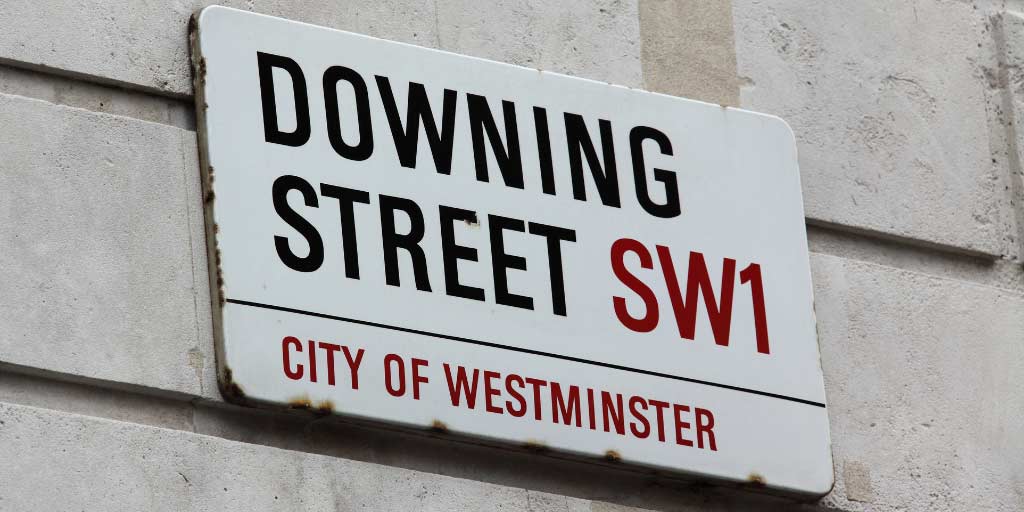
Category: government and politics government and politics
government and politicsOn the afternoon of Wednesday 30th October, the Autumn Budget was finally announced. The Prime Minister gave a stern warning that the Budget will force the UK to face “the harsh light of fiscal reality” in the Labour government’s bid to end austerity.
Previously, the Conservative government had sought to fix the country’s financial problems by cutting spending. Labour aim to do the same job, but with a different strategy, they aim to generate more income for the country by increasing taxes.
Sir Keir Starmer said:
It is working people who pay the price when their government fails to deliver economic stability.
They’ve had enough of slow growth, stagnant living standards and crumbling public services. They know that austerity is no solution. And they’ve seen the chaos when politicians let borrowing get out of control.
Politics is always a choice. It’s time to choose a clear path, and embrace the harsh light of fiscal reality so we can come together behind a credible, long-term plan.
Seven pillars for Autumn Budget
Reeves explained that there were seven pillars to her Autumn Budget:
1) To restore economic stability
2) To increase investment and build new infrastructure to increase productivity
3) To support devolved governments and mayors to produce local growth plans
4) To create "Skills England" to increase employment prospects
5) To launch a long-term, modern industrial strategy and to help SMEs
6) To fund research and development in science to drive innovation
7) To achieve growth in clean energy by investing in projects such as Carbon Capture and Storage
The chancellor stated that her Budget represents an “economic reset” for the UK. As laid out early in her address to the House of Commons, the Chancellor’s main goal is to cover the £22 billion ‘black hole’ looming menacingly over the UK’s national finances, which Labour hold the previous Conservative administration responsible for.
The impact of the Budget on landlords
There was significant news for landlords and property investors in the Budget, with the cost of buying property impacted.
Stamp duty surcharge up by 2%
Following rife speculation about what the Budget would include, Chancellor Rachel Reeves confirmed that among other tax alterations, the stamp duty land tax surcharge on second homes, to include buy to let and holiday let properties, would increase from 3% to 5%.
This change is to come in as of the following day, 31st October 2024. So any landlords purchasing a property will have a huge push to get a completion through, or face additional and unexpected costs.
Capital Gains Tax held for landlord property
However, in better news, whilst Capital Gains Tax (CGT) on the sale of shares will increase by 4% to 24%, buy to let sales will not be affected, as additional property CGT will remain the same.
Elsewhere in housing, Reeves shared that she will boost the affordable homes budget by £500m; that social housing providers will be able to increase rents over inflation and that Labour plan “to hire hundreds of new planning officers, to get Britain building again.”
Other taxes to watch
In wider tax news, companies will face higher bills for employees as National Insurance (NI) rates increase from 13.8% to 15% from April 2025. Additionally, more NI will be paid by employers as the threshold at which it is imposed will be brought down from £9,100 to £5,000.
To help small to medium size companies/enterprises (SMEs) Reeves has increased the Employment Allowance (enabling smaller companies to reduce their NI liability) from £5,000 to £10,500.
Income tax, NI paid by employees and VAT are not to be changed, as part of Labour’s commitment to working people.
The Corporation Tax rates remain unchanged.
The freeze on Inheritance Tax thresholds has been extended, it was due to end in 2028 and has been pushed back to 2030.
A word from our CEO
In reaction to the Budget announcement, Jorden Abbs, chief executive of Commercial Trust, had this to say:
This is an important Budget for a number of reasons, the first from Labour since winning the election and Rachel Reeves is the first female Chancellor of the Exchequer the country has had. It sets the scene for investment and growth.
“Of course Labour have had to make some tough decisions with the aim of driving the country forward. The news of an increase in stamp duty on second homes is a blow for landlords. It will mean those currently going through the purchase process will have extra funds to find, to complete. But, in the long run I do not expect it to be an insurmountable change. It is undoubtedly a change in the business plan landlords will be putting together to invest, but it does not detract from the fundamental benefits of an investment in bricks and mortar.
“Now we know the detail of the budget and the recent business uncertainty has ended, I think we can expect to see a resumption of the cuts in base rates and we are expecting a quarter percent cut when the MPC meets on November the 7th with further cuts next year.
“Where will they bottom out? By the end of next year we expect to see base rates of 3.50% to 3.75% but these reductions are already reflected in swap rates and so we don’t expect any significant changes in mortgage rates over the next 12 months.
“The main gain for landlords will be that the reduction in borrowing costs that we are now already seeing will underpin property values and make mortgages more affordable.
